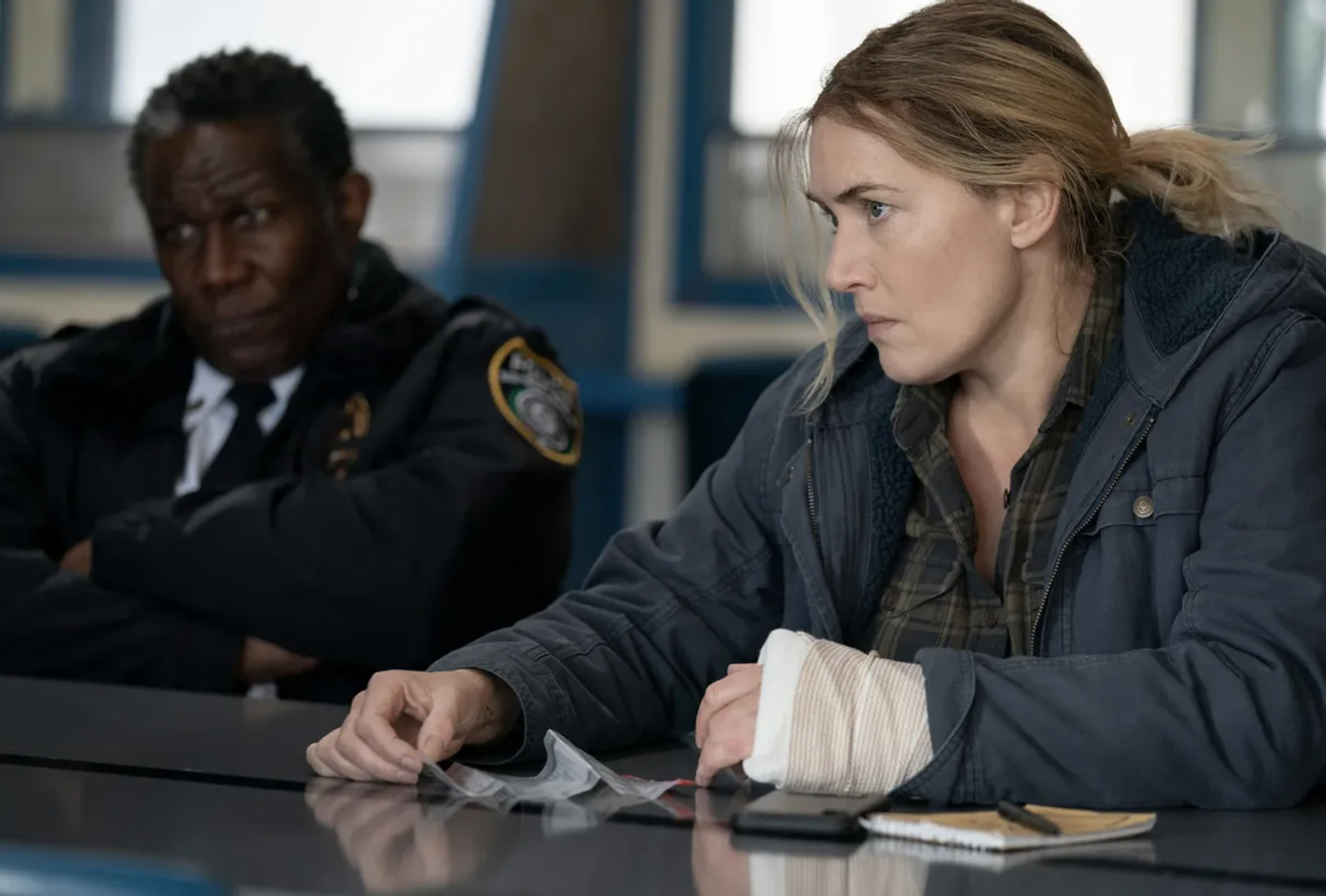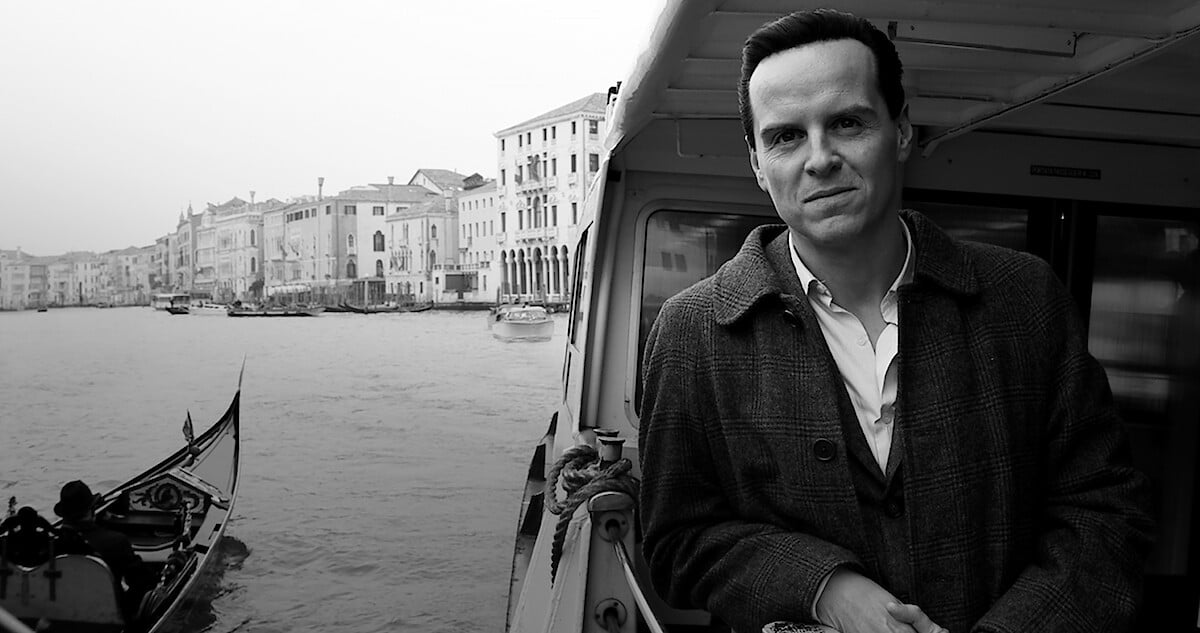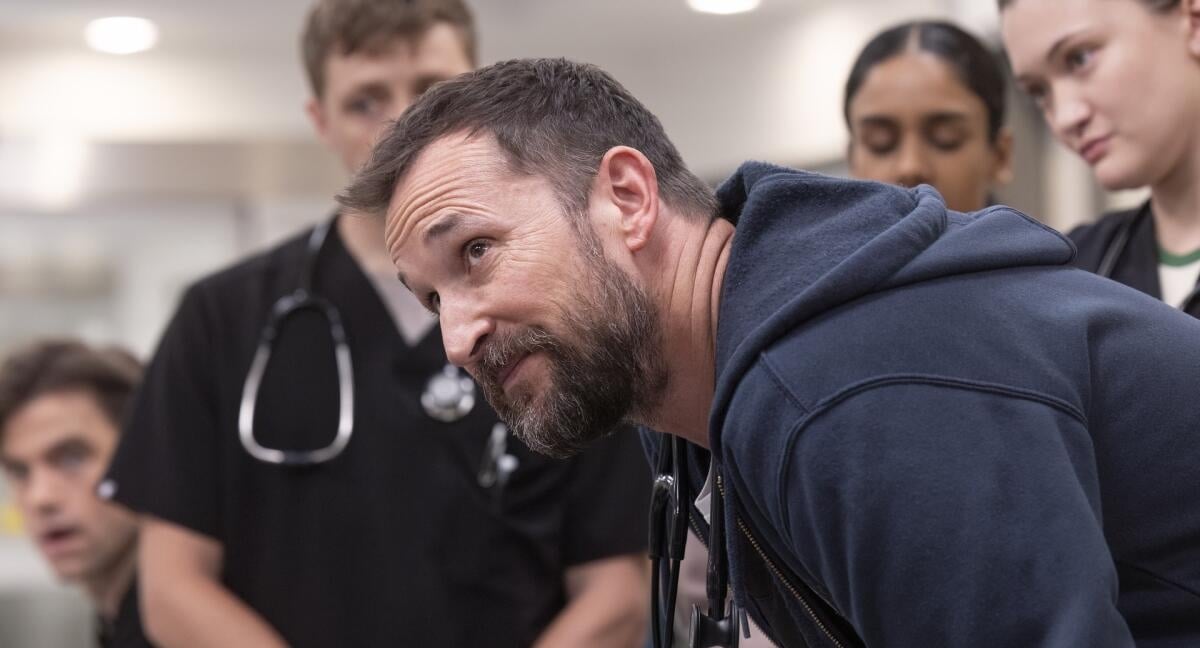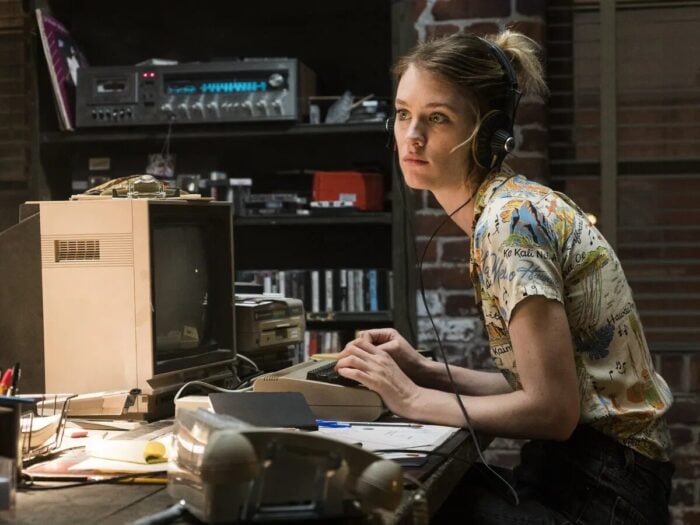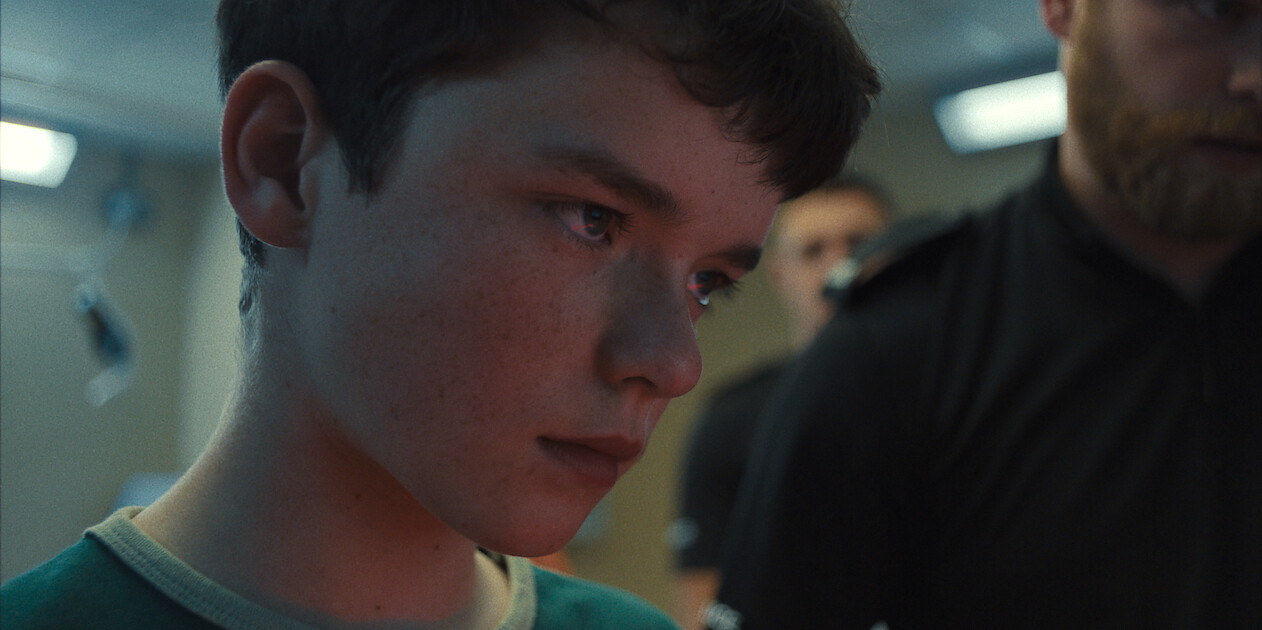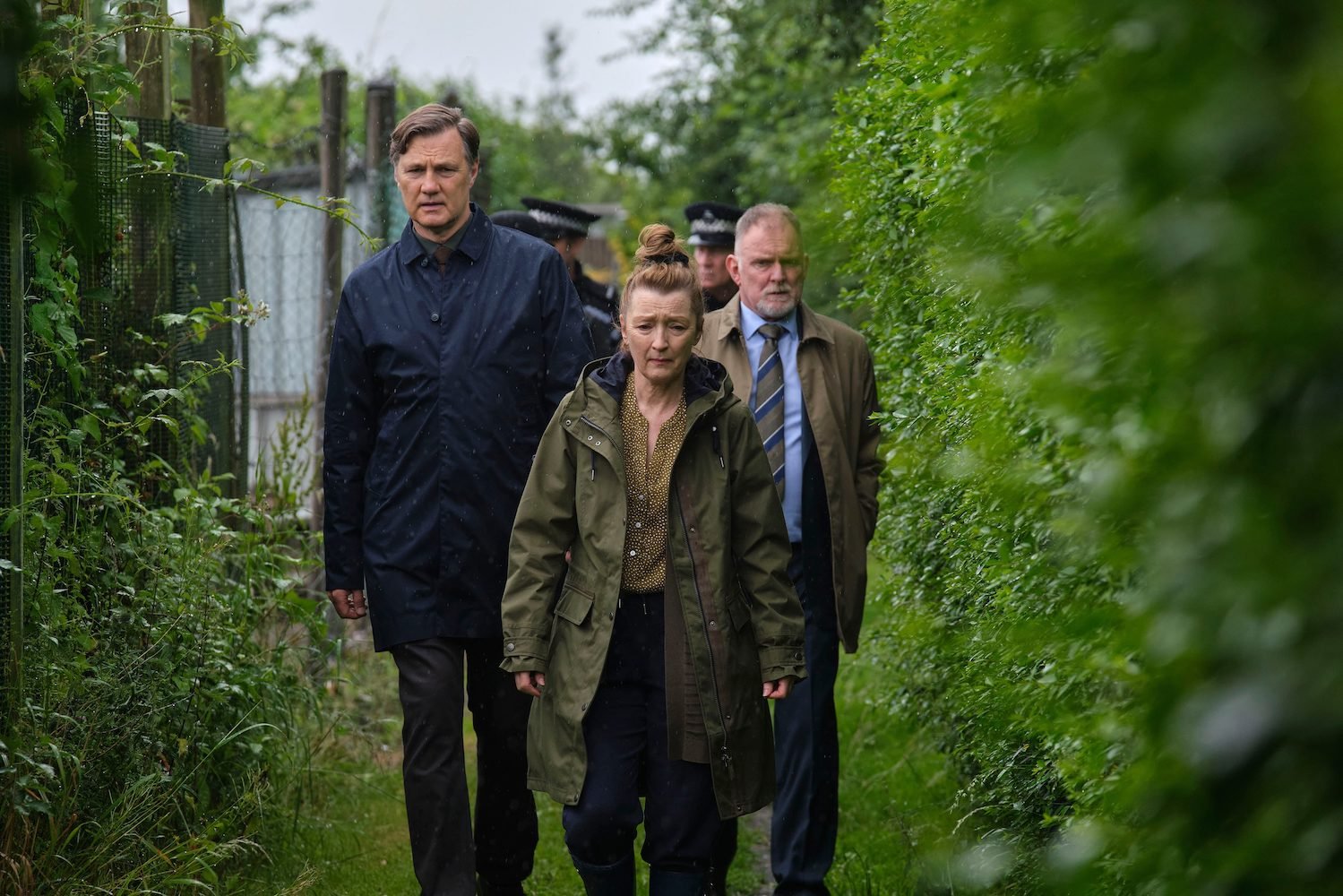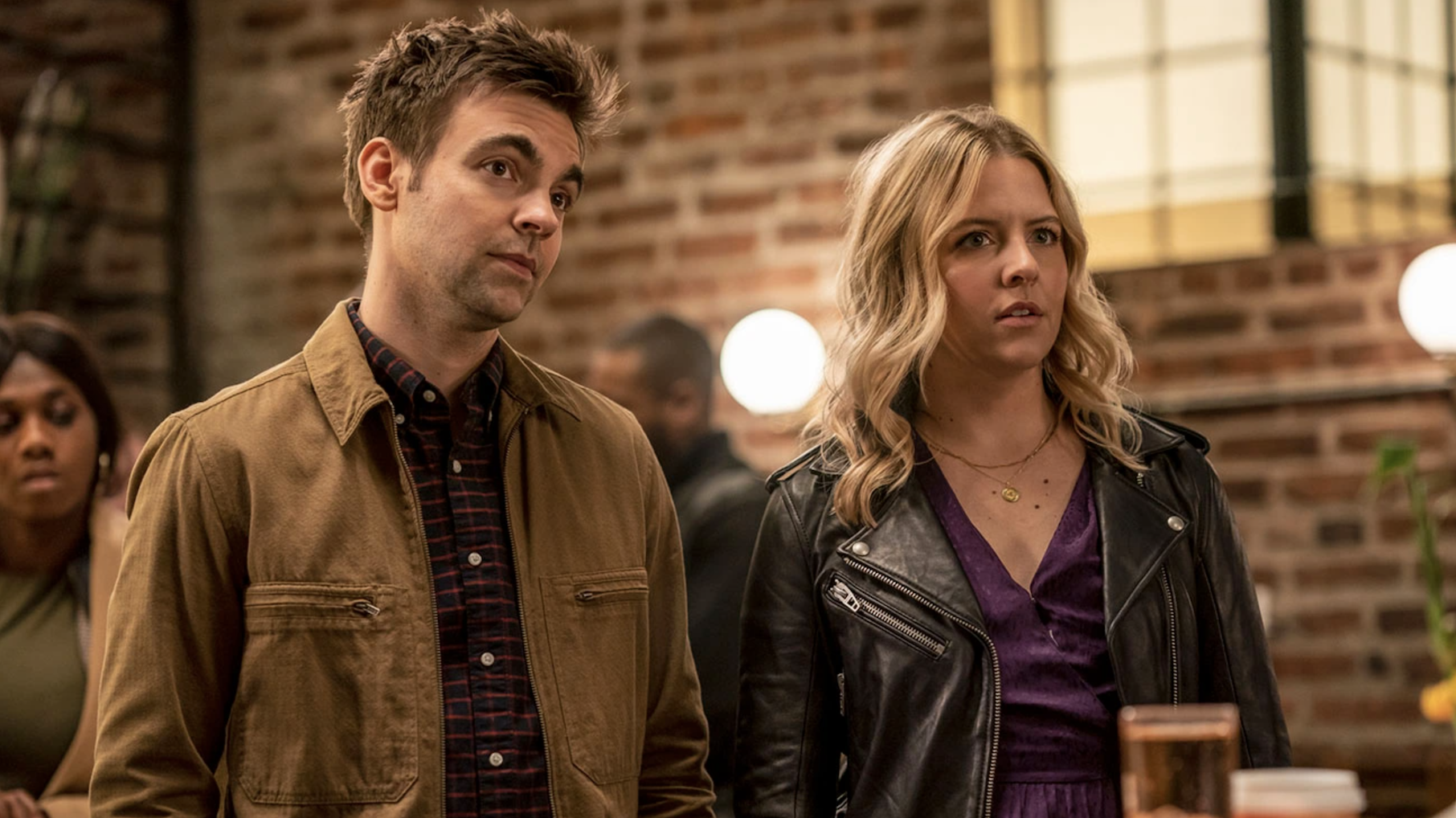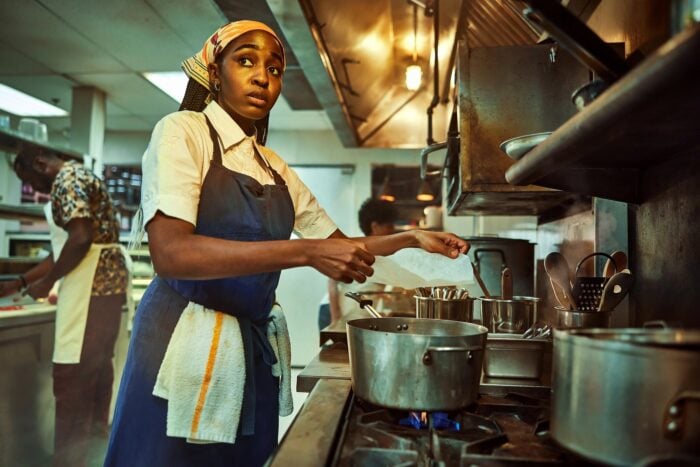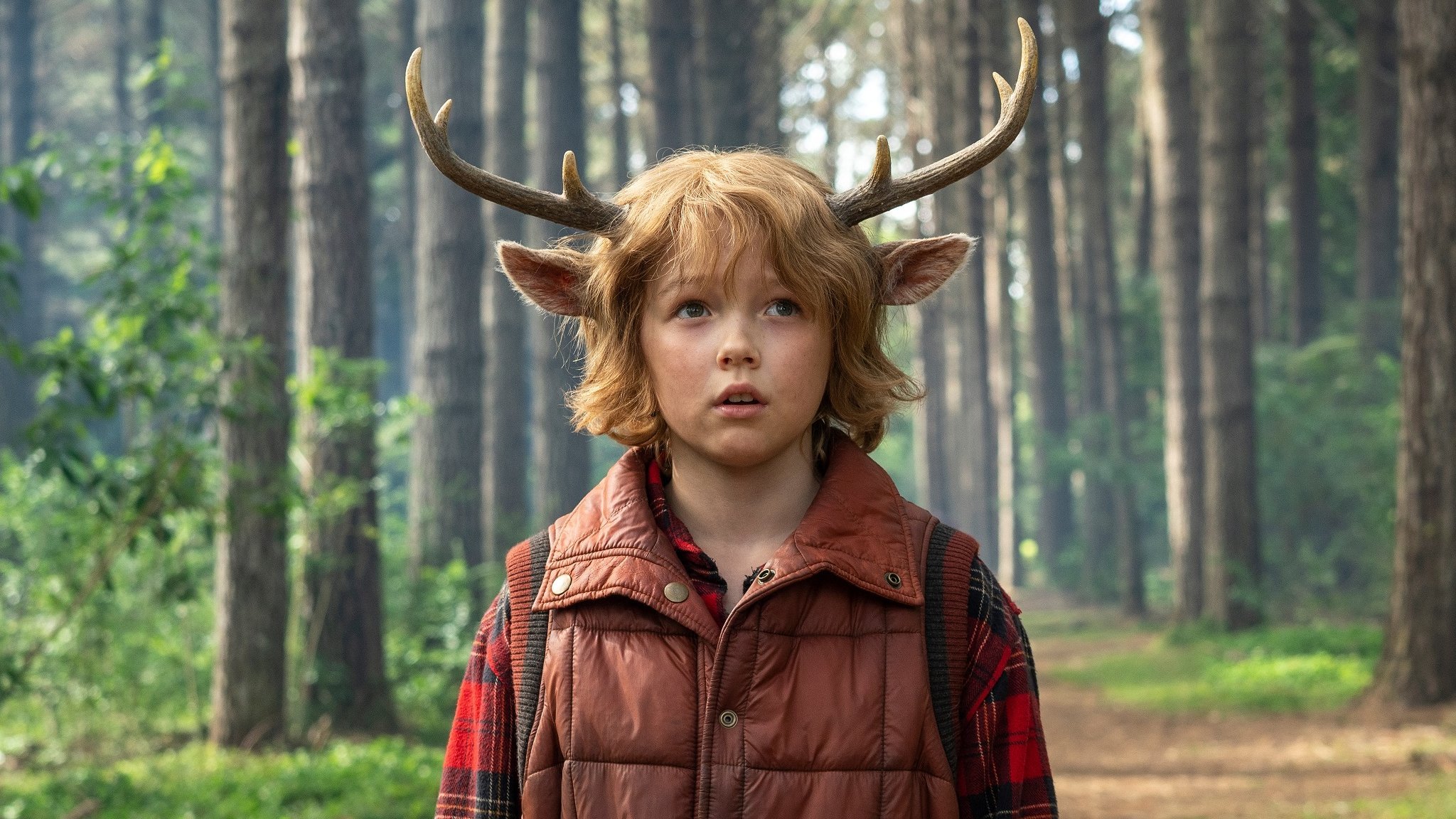
30 TV Shows with Great Performances to Watch Now
March 20, 2025
Share:
Although television tends to get stereotyped as having “lower-tier” actors phoning in increasingly tired performances, prestige TV, unique new series, and revisiting old classics remind us that TV takes a different kind of commitment—and can lead to some of the finest and most nuanced screen acting you can hope to see. On TV, actors have the space they need to really flesh out a character, inhabiting them across multiple episodes and seasons and allowing us to see them in their most vulnerable in-between moments. Here, we’ve compiled a list of 30 shows that display the unique opportunities that TV can give to actors—who can then teach us to see the human experience with so much more intimacy.
Read also:
11. Mare of Easttown
Genres
Actors
Moods
As a mystery-driven crime drama, Mare of Easttown treads pretty familiar territory without necessarily digging too deeply into the sociopolitical context it seems to hint at throughout its seven-episode run. But as the miniseries’ focus shifts from the usual procedural elements to more personal drama among the townspeople of Easttown and certain past events they haven’t moved on from, the series gets to evolve as well. The details of who was responsible for the inciting crime are ultimately less important than the conditions in the town’s history that led to the crime in the first place, whether by consequence or by fate. Some reveals here may come off as anticlimactic to some, but the series ultimately has more on its mind that’s definitely worth paying attention to.
12. RIPLEY
Genres
Actors
Moods
Ripley delivers an atmosphere-driven, intimately engaging suspense story fueled by money and deceit. The exposition moves slowly, albeit with gorgeous transitions and deliberate, cinematic shots to gush over. But the rich narrative possibilities open up by the second episode, where captivating acting and tense storylines anchor the show simultaneously. Tom Ripley (Andrew Scott), Dickie Greenleaf (Johnny Flynn), and Marge Sherwood (Dakota Fanning) each contribute to an uncomfortable three-way dynamic that you can’t look away from, each a piece of an equation you inexplicably want to root for. This mini-series is a thoroughly compelling, quietly funny work of art already dressed for the awards shows.
13. The Pitt
Genres
Actors
Moods
Each episode of the medical show The Pitt follows an ER team over the course of an hour. There are no time jumps or montages, this is real-time for them. Countless patients come and go, their injuries ranging from terrifying to deadly, and whether they live or die depends on how fast the team responds. Leading everyone is Dr. Robby Rabinavitch (Noah Wyle), who is himself recovering from the trauma of losing a colleague during the COVID pandemic. However, unlike Grey’s Anatomy, the drama of the characters in The Pitt takes a backseat to the patients’ issues. That’s not to say we don’t get to know the characters well, just that the writers have very smartly and subtly found a way to integrate who they are into what they do. Much like the medical staff who front it, The Pitt is a highly efficient show. We experience a roller coaster of emotions and get what feels like a lifetime’s worth of medical exposure in a span of an hour. It’s intense, chaotic, disturbing, and at times even triggering. But it also feels essential to watch. It’s a welcome reminder of our mortality and the humanity needed to keep it at bay.
14. Halt and Catch Fire
Genres
Actors
Moods
Led by visionary salesman Joe MacMillan (Lee Pace), skilled engineer Gordon Clark (Scoot McNairy), and punk prodigy Cameron Howe (Mackenzie Davis), Halt and Catch Fire trails the risky dawn of the tech revolution—beginning with the invention of the personal computer in the 80s and winding through the dark corners of the primitive internet in the 90s.
Its exciting premise is anchored by top-notch performances, but despite having all the makings of a prestige show, it never took off in the same way Mad Men, Silicon Valley, or even Succession did.
Hailed as “the best show that nobody watched,” critical darling Halt and Catch Fire struggled to secure wide viewership throughout its four-season run. But what it lacked in ratings it certainly made up for in storytelling. The series continued to one-up itself each season as it centered on its characters and their believably bumpy journeys to self-discovery, all while consistently scoring where it mattered most: quality and ingenuity.
15. Adolescence
Genres
Actors
Moods
All four episodes of Adolescence are shot in a singular, shocking take. The camera takes us along as Jamie Miller (an outstanding Owen Cooper) is arrested for suspected murder. In one episode we follow Jamie and his confused father (co-creator and writer Stephen Graham), in another we follow DI Luke Bascombe (Ashley Walters). And in one particularly head-spinning episode, we follow Jamie and his psychiatrist Briony (Erin Doherty) as they both try to get in each other’s heads. The series may seem like a straightforward murder mystery at first. Like Apple TV+’s Defending Jacob, it asks, did young Jamie do it? Will his parents believe him? Will we? But those questions are almost secondary to what the show really gets at. It takes on violent misogyny, a growing trend among the Andrew Tate-influenced youth. It takes on parental guilt, grief, and moral responsibility. It’s a hefty piece of work, but the naturalism of the script and the intimacy of the single-takes makes it feel terrifyingly close to home.
16. Industry
Genres
Actors
Moods
Industry has all the markings of an HBO show: an abundance of sex, drugs, alcohol, and sure enough, an inextinguishable affinity for the F word. Like Succession, The Sopranos, and even Euphoria before it, it revels in its freedom to explore the nitty-grittiest parts of its subject matter and put its gruesome findings on full display. But instead of capitalism, organized crime, or teenhood, Industry incisively takes on hustle culture.
Through the eyes of four new hires at a premier investment bank in London, we see the dangerous means people put themselves through in order to achieve some semblance of respect, recognition, or at the very least stability. Bullying is rampant, hazing is normalized, competition is encouraged, and blind loyalty is rewarded. The characters are so flawed and damaged, you’ll often find yourself rooting for their demise. But you’ll also be glued to their arcs and storylines. Will they break the cycle of abuse or continue it? Can they actually change the system from within or does that remain a utopian dream? These questions are hardly charming, but Industry has a way of making them engaging, exciting even. It fully inhabits the meanness you can and should only enjoy behind the safety of a TV screen.
17. Sherwood
Genres
Actors
Moods
Beginning as a small-town murder mystery but eventually taking the shape of a police procedural, a spy drama, and a sociopolitical thriller, Sherwood fully reinvigorates the crime genre for British TV. With every twist comes a reminder of how deeply alienated the people of this former mining village have become from themselves, each other, and the outside world. Because underneath all the investigation lies a boiling tension: the scars of a past conflict among trade unionists on strike, the “scabs” who crossed the picket line to continue working, and police forces further provoking all this friction. These internal divisions haunt everything in Sherwood, brought to life by a superb ensemble—David Morrissey, Robert Glenister, Lesley Manville, Adeel Akhtar, and more—who all carry the weight and shame of being left behind by the world around them.
18. Light the Night
Genres
Actors
Moods
Set in the 1980s, this captivating series uncovers the dark side of a Japanese-style nightclub called “Light” in Taipei’s red-light district, challenging the façade of its joy and glamour. Beginning with the shocking discovery of a dead body uncovered by a typhoon, the show delves into the lives of its complex characters, revealing the personal dramas of the mamasans, Rose and Sue, and every “Light” hostess. While some may find its pace across 3 seasons tedious, Light the Night is a must-watch for fans of slow-burning suspense with strong performances, impactful dialogue, and a story with the intricate layers of a well-crafted mystery.
19. The Other Two
Genres
Actors
Moods
With a masterful sense of character and its finger firmly on the pulse of pop culture, this dark comedy—about two thirtysomething siblings desperately trying to hold on to success in the shadow of their teen brother’s fame—manages to be both incredibly specific and instantly timeless. As a comedy, there might not be another show with a greater laugh-to-minute ratio than The Other Two, as a razor-sharp cast fully commit to playing characters stumbling into opportunity then debasing themselves to protect it. And the ensemble’s work is only elevated by dynamic direction that knows exactly how best to deploy an insane comic set piece.
But under the surface, there’s something gleefully twisted about how the characters gradually lose their souls in their pursuit of the spotlight. As the titular “other two” siblings abandon their values, pander to every audience, and become hooked on arbitrary signs of success, the tension in their family only tightens, too. The show knows it has a big heart deep down—and it’s so very good at chipping away at it for the sake of a great laugh.
20. The Bear
Genres
Actors
Moods
The Bear is a frantically paced miniseries that follows Carmy, a young and over-accomplished chef who moves back to Chicago to take over his family’s small restaurant. As his first order of business, Carmy tries to rework the restaurant’s so-called system, but he is continually rebuffed by the kitchen crew, who insist on maintaining their scruffy setup.
While Carmy and crew initially refuse to meet each other halfway, their tension soon gives way to an electric, workable chemistry, which then lays the foundation for a lot of surprisingly tender moments. Funny, gripping, and absolutely mouthwatering, The Bear is, as many critics have pointed out, an absolute chef’s kiss of a show.
Read also:
Comments
Add a comment
Ready to cut the cord?
Here are the 12 cheapest Live TV streaming services for cord-cutting.
More lists
Lists on how to save money by cutting the cord.
Curated by humans, not algorithms.
© 2025 A Good Movie to Watch. Altona Studio, LLC, all rights reserved.
